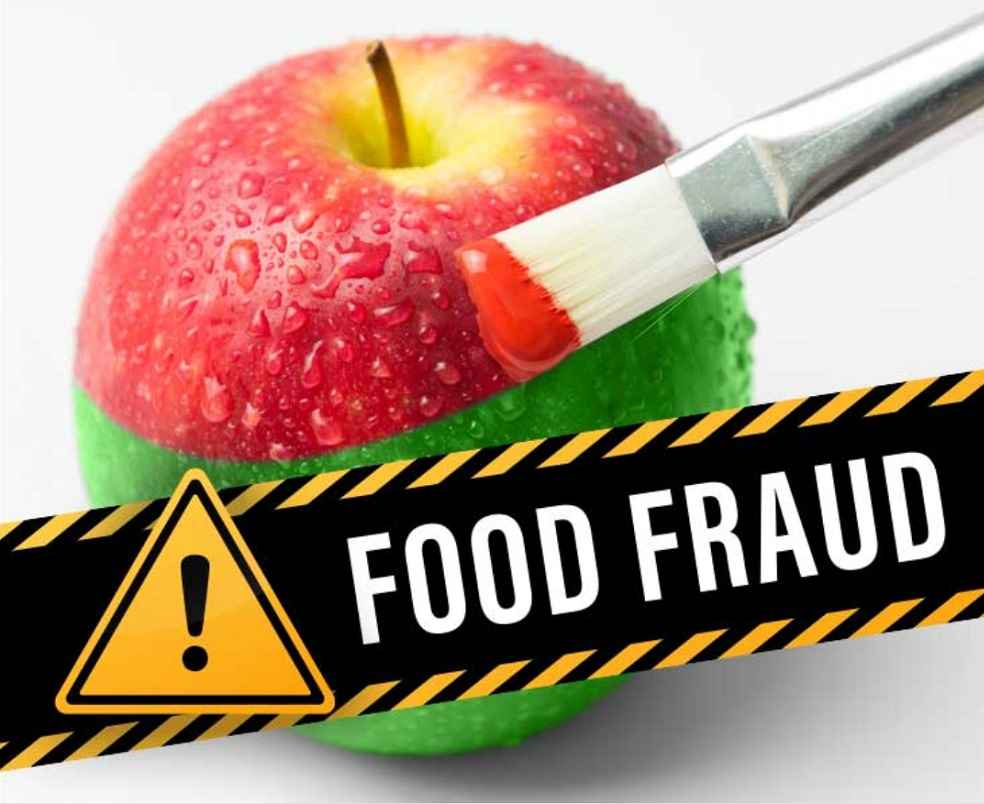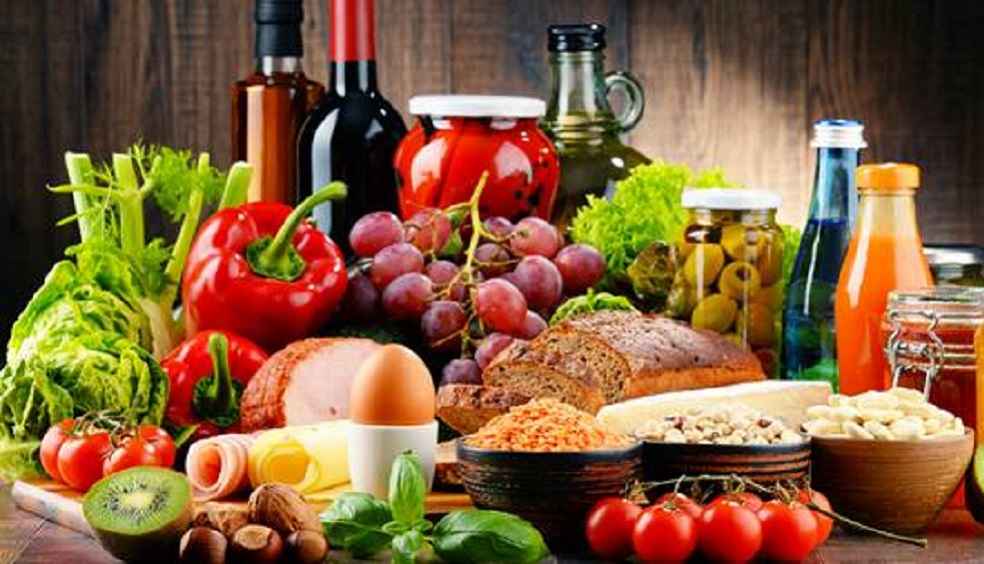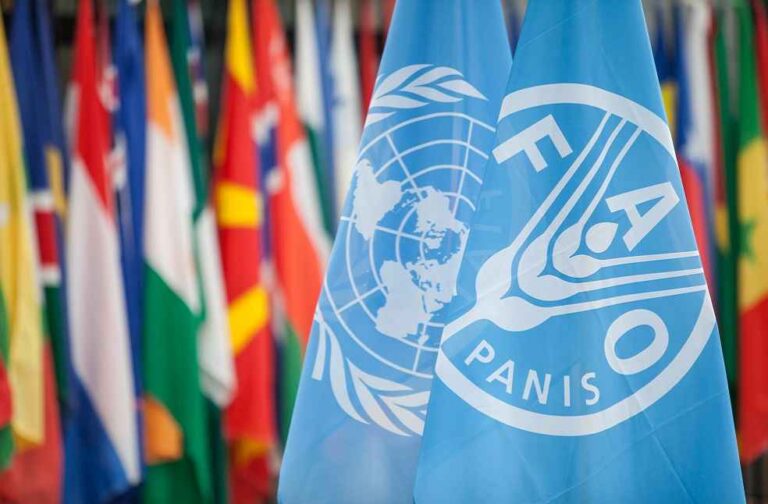The World Trade Organization (WTO), alongside the Food and Agriculture Organization (FAO), nonprofit SSAFE, the International Seed Federation (ISF), and a cadre of experts spanning food safety and crime, has issued a pivotal guide addressing the persistent challenges of food fraud and illicit trade in foodstuffs. This comprehensive document elucidates the complexities surrounding these illegal activities and articulates the proactive roles that the WTO’s rulebook can play in mitigating such malpractices.
Defined within the publication, food fraud and illicit food trade involve the sale and distribution of misrepresented food products or those failing to meet regulatory standards concerning quality and safety. These activities, which include smuggling and other forms of trade executed outside established legal frameworks, pose severe threats to the stability of international trade and public health.

The guide emphasizes the critical nature of the WTO’s legal framework, pivotal in facilitating international food trade while deterring illicit activities. It identifies key areas for improvement that could significantly deter criminal involvement in the food sector, such as easing import and export restrictions, modernizing food safety legislation, conducting robust criminal investigations, and enhancing collaborations between public and private sectors along with international cooperation.
Specifically, WTO rules like the ‘Agreement on the Application of Sanitary and Phytosanitary Measures’ and the ‘Agreement on Technical Barriers to Trade’ are noted for their capacity to enable members to regulate food imports based on scientific assessments and manage deceptive practices effectively. The document also discusses the potential benefits of the ‘Trade Facilitation Agreement’ in streamlining cumbersome customs processes and the ‘Agreement on the Trade-Related Aspects of Intellectual Property Rights’ in combating counterfeit foods and beverages.

This publication marks a significant advancement by the WTO and its collaborators toward establishing a safer, more transparent global food trade system. It underscores a shift from reactive to preventative measures in handling food fraud and illicit trade, essential for safeguarding consumer protection and maintaining the integrity of international trade frameworks.
TRADE WORLD | UN Global Forum Tackles Supply Chain Resilience Amid Challenges



